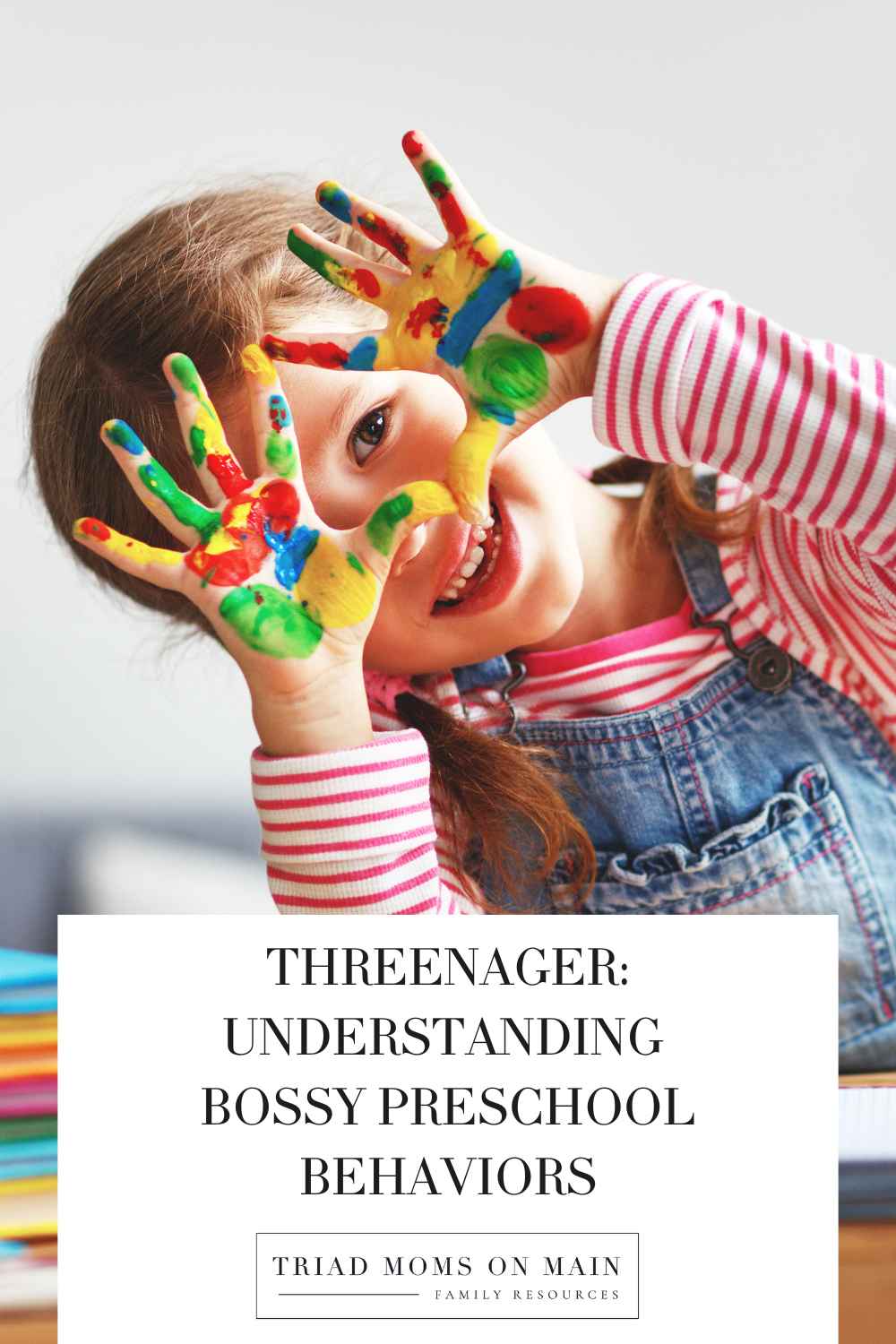#Threenager: Understanding Bossy and Other ‘Fun’ Preschool Behaviors
As I transitioned from toddler life to having a preschooler, I realized my focus had been entirely on babies and toddlers, leaving me unprepared for the “threenager” stage. My sweet toddler suddenly became bossy and opinionated, and I felt lost.
After a few meltdowns over power struggles and repeatedly listening to Taylor Swift’s “Anti-Hero” (at my three-year-old’s request), I began to wonder… Is it me? Am I the problem?
Why do they act like this?
Child psychologists and parenting experts emphasize that there’s no such thing as “bad behavior.” If you’re reading this and thinking, “Yeah, right,” I’ve been there too. The backtalk, ignored requests, and boundary-pushing all feel like “bad” behavior.
But experts like Janet Lansbury, in her book No Bad Kids, explain that every time our child acts out, there’s an unmet need. Similarly, Dr. Becky Kennedy, Good Inside, encourages us to adopt a “Most Generous Interpretation” mindset. They’re not acting out on purpose; they’re struggling to express an unmet need.
So, what can we do to address this behavior?
Step 1: Take a deep breath.
Remind yourself that your child is a good kid having a hard time. Their behavior isn’t a reflection of your parenting.
Step 2: Assess the situation.
Janet Lansbury advises us to look for the unmet need. Are they hungry? Tired? Did something upset them earlier? Maybe they just need help, but can’t express it. She also suggests validating their feelings and showing empathy.
Example: “You really wanted that cookie before dinner, and now you’re upset. Waiting for dinner is hard when you’re hungry! Let’s find a small snack to hold you over.”
Dr. Becky asks, “What is my most generous interpretation of this situation?” Consider what might be driving your child’s behavior.
Example: Perhaps they had a long day at school and now just want some control. You’ve asked them to put away their shoes, but they ignore you and keep playing.
“Hey, I know you’re tired after a long day at school and want to play. I need you to do one more task—put away your shoes—then you can get back to playing.”
Step 3: Enforce the boundary.
If they’re not willing to compromise, enforce the boundary calmly. This doesn’t mean yelling or punishing them, but showing that you’re there to help them through a tough moment.
“You don’t want a small snack? That’s okay, but we’re not eating a cookie right now. You can have these grapes or wait until dinner.”
“I see you haven’t picked up your shoes. We can’t play until they’re put away. Let’s do this together so you can get back to playtime!”
This leads to the big question: Am I being a pushover? What about punishment?
No, you’re not being a pushover. This approach isn’t about letting your child get away with “bad” behavior; it’s about recognizing their good intentions, understanding their unmet needs, helping them through their struggles, and maintaining the boundaries you’ve set.
Punishment often stems from our own emotional dysregulation and the need to assert control. It can create a belief in your child that they are “bad,” leading them to seek approval in ways that may not always be positive.
Some argue that this parenting style creates bratty children and weak parents. But when done correctly, it actually raises emotionally intelligent children and strong, independently-minded individuals.
Strategies to curb these behaviors:
- Create eye contact before giving instructions. Toddlers and preschoolers can be hyper-focused on their activities, often oblivious to their surroundings. Establish eye contact to ensure they’re paying attention to you before you speak. This helps avoid frustration and repetition.
- Work on transitions. Use a timer, reminder system, or verbal cue to let your child know that “time is almost up” with their current activity. Be consistent once this routine is established.
- Incorporate visual aids. Use visual charts to display their daily schedule, label toy bins to make cleanup easier, or sing songs that teach them tasks.
- Give them choices. Allow them to make decisions on trivial matters like picking out clothes. If it’s not a big deal, don’t make it a battle—let them choose.
Establish clear boundaries and follow through. Inconsistent boundaries confuse toddlers and preschoolers. If you constantly change your mind, they won’t know how to react or what to expect.
By Emi Sano
Want to see more blogs like this and also get notifications on local events and happenings? Subscribe to our free weekly newsletters.

